
Bairro Pite: The Heartbeat of Dili
Bairro Pite, a vibrant and bustling neighborhood in Dili, Timor-Leste, offers a unique blend of history, culture, and modernity. As you wander through its streets, you'll encounter traditional markets brimming with local produce, crafts, and textiles. The lively atmosphere is complemented by the warm and welcoming nature of its residents, making it an ideal place to experience the authentic spirit of Dili. History buffs will appreciate the neighborhood's rich past, reflected in its charming architecture and significant landmarks. Visit the nearby Resistance Museum to gain insights into Timor-Leste's struggle for independence. The neighborhood also boasts several historic churches, offering a glimpse into the region's colonial heritage and religious traditions. For food enthusiasts, Bairro Pite is a culinary delight. Savor local Timorese dishes at quaint eateries and street food stalls. Don't miss the chance to try specialties such as ikan sabuko (grilled fish) and batar daan (corn and mung bean stew). As the sun sets, the neighborhood comes alive with music and dance, providing a perfect end to your day in this captivating part of Dili.
Local tips in Bairro Pite
- Visit the morning market early for the freshest produce and a lively atmosphere.
- Carry some local currency, as many small vendors do not accept credit cards.
- Dress modestly when visiting churches and religious sites out of respect for local customs.
- Learn a few basic phrases in Tetum, the local language, to enhance your interactions with residents.
Iconic landmarks you can’t miss
Timorese Resistance Archive & Museum
Explore the Timorese Resistance Archive & Museum in Dili, a profound journey through Timor-Leste's struggle for independence and cultural heritage.
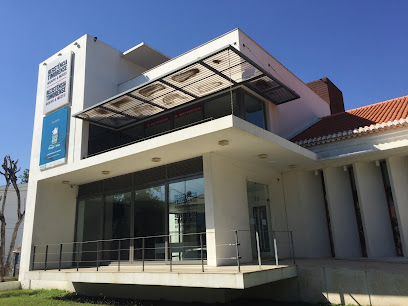
Tais Market
Discover the essence of Timor-Leste at Tais Market, where vibrant textiles, fresh produce, and local crafts come together in a lively traditional setting.
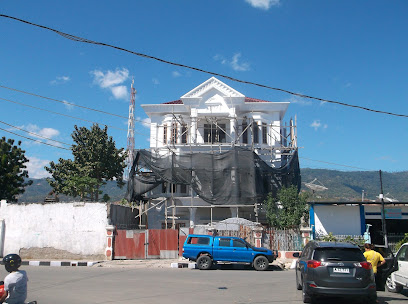
Largo de Lecidere
Explore the lush greenery and cultural vibrancy of Largo de Lecidere, a tranquil park in the heart of Dili, East Timor's captivating capital.
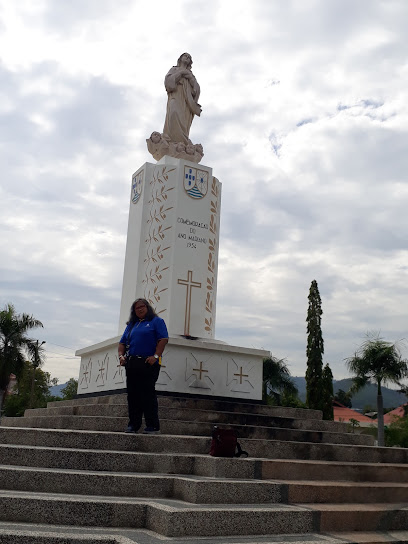
Immaculate Conception Cathedral
Explore the stunning Immaculate Conception Cathedral in Dili, a majestic symbol of faith and culture in Timor-Leste, offering breathtaking architecture and serene ambiance.
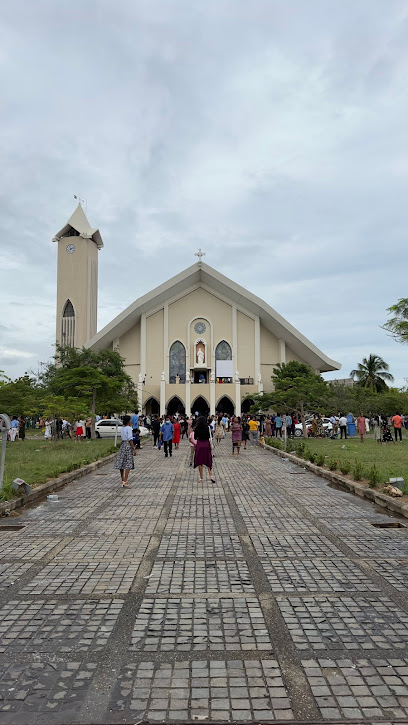
Farol
Experience the serene beauty of Farol Beach in Dili, where golden sands meet azure waters and sunsets create unforgettable memories.
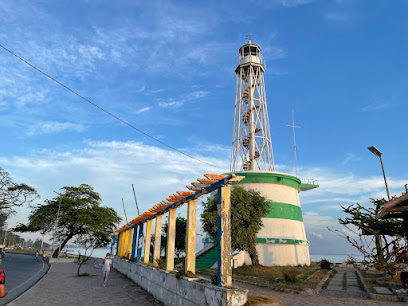
Statue of Youth
Discover the Statue of Youth in Dili, a powerful symbol of resilience and hope reflecting Timor-Leste's rich heritage.
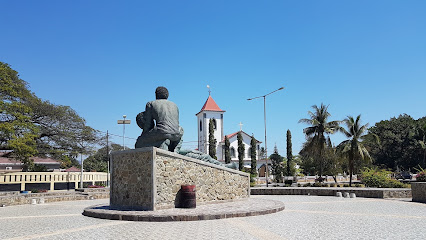
Monumento Cristo Rei
Experience the breathtaking views and spiritual essence of Monumento Cristo Rei, a must-visit landmark in Dili, Timor-Leste.
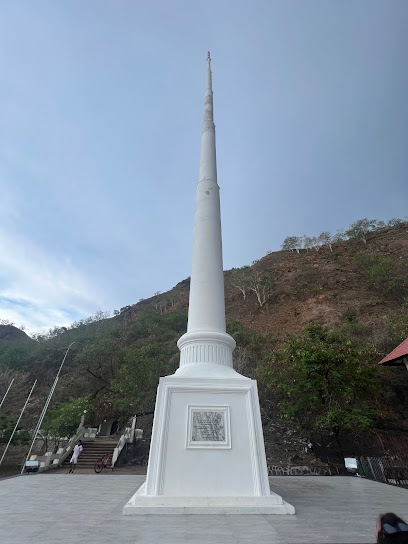
Bairro Pite
Experience the vibrant culture and community spirit of Bairro Pite, a captivating neighborhood in Dili, Timor-Leste.

Sede Suco Bairro Pite
Explore the essence of local governance at Sede Suco Bairro Pite in Dili, a hub for community spirit and administrative insights.
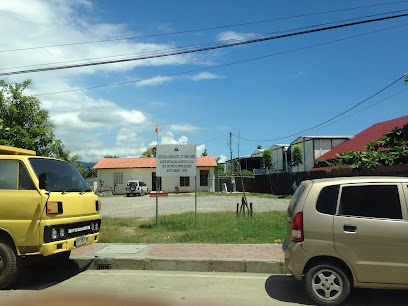
Capela Bairro-Pite
Explore the serene Capela Bairro-Pite in Dili, a stunning Catholic church that embodies East Timor's rich spiritual heritage and architectural beauty.

Unmissable attractions to see
Timorese Resistance Archive & Museum
Explore the Timorese Resistance Archive & Museum in Dili, a profound tribute to East Timor's fight for independence and cultural heritage.
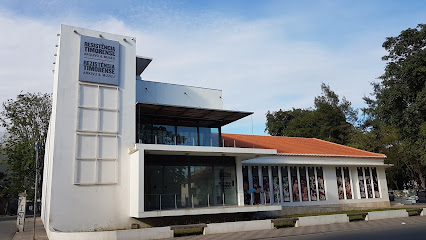
Dolok Oan (Cristo Rei Back Beach)
Explore Dolok Oan, a stunning beach in Dili, Timor-Leste, known for crystal-clear waters, golden sands, and breathtaking views of the iconic Cristo Rei statue.
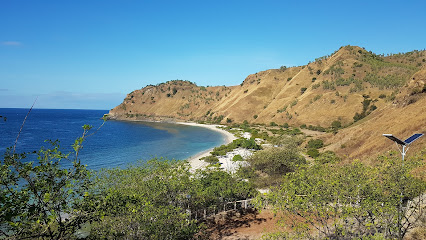
Church of Saint Anthony of Motael
Discover the architectural beauty and spiritual significance of the Church of Saint Anthony of Motael in Dili, a must-visit for every traveler in East Timor.
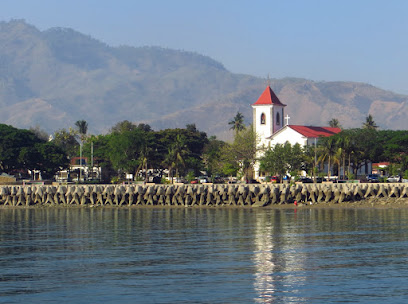
Centro Audiovisual Max Stahl Timor Leste
Explore the heart of Timor Leste's history at the Centro Audiovisual Max Stahl, an inspiring museum in Dili showcasing powerful audio-visual narratives.
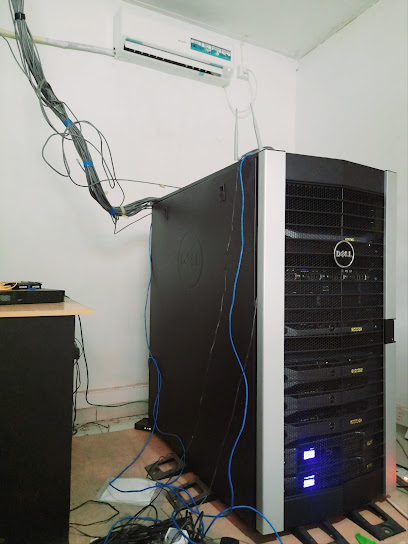
0 KM Díli, Timor Leste
Discover the tranquil beauty and cultural significance of 0 KM Dili, a serene park in the heart of Timor Leste's capital.
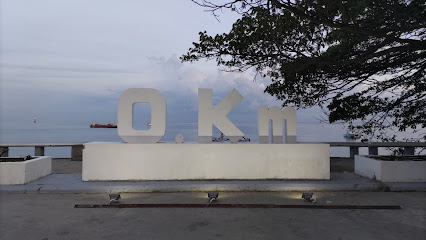
Ai-mutin
Experience the breathtaking beauty and rich cultural heritage of Ai-mutin, a must-visit tourist attraction in Dili, Timor-Leste.

Essential places to dine
Great Wall Restaurant
Experience authentic Chinese cuisine at Great Wall Restaurant in Díli – where flavors meet tradition in every bite.
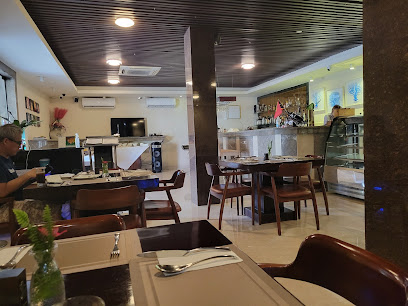
Prato-Steak House
Discover culinary delights at Prato-Steak House, where exceptional steaks meet traditional Timorese flavors in a cozy Dili setting.
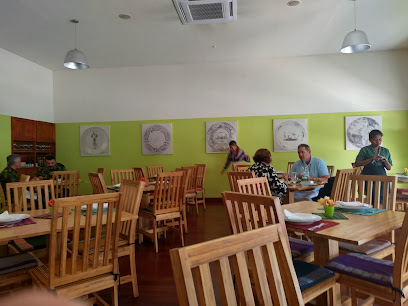
Lalapan Plur
Discover authentic Indonesian flavors at Lalapan Plur in Dili, where every dish tells a story of tradition and taste.
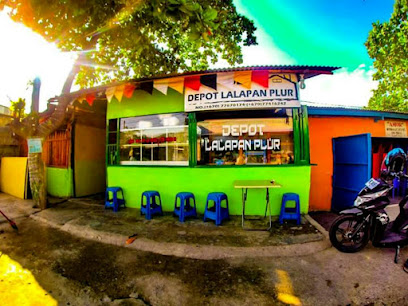
Temasek Restaurant
Discover authentic Timorese flavors at Temasek Restaurant in Dili, where every dish tells a story of East Timor's rich culinary heritage.
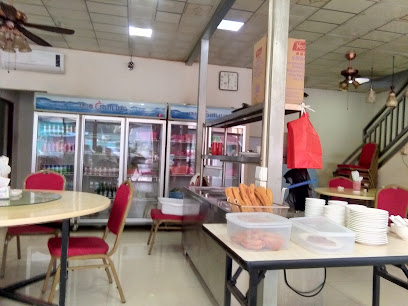
Lyns Noodle
Experience authentic Asian flavors at Lyns Noodle in Dili, where every dish tells a story and every visit is memorable.
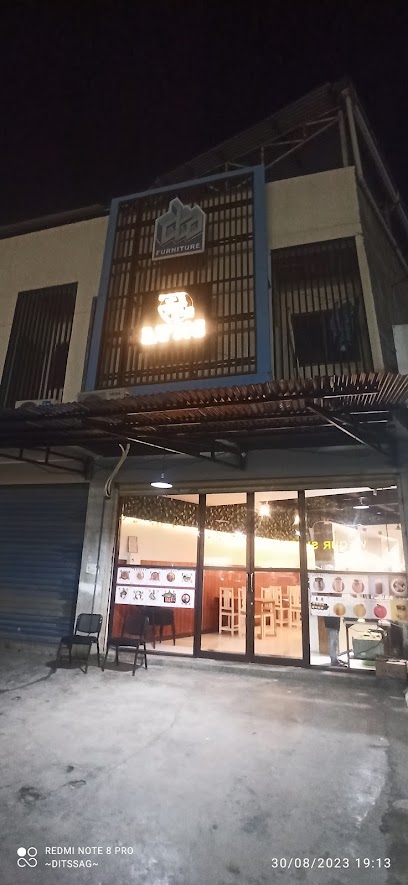
(Khmer Thai Food) Sa Na Thailand Food
Discover authentic Khmer Thai cuisine in Dili at Sa Na Thailand Food – where every dish tells a story.
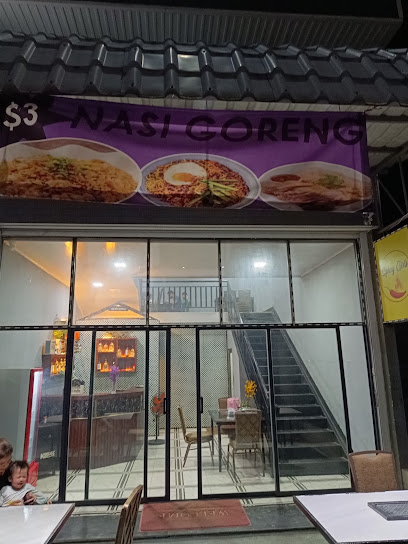
Mi Chea Restaurant
Discover authentic Chinese cuisine at Mi Chea Restaurant in Dili – where flavor meets tradition in every dish.
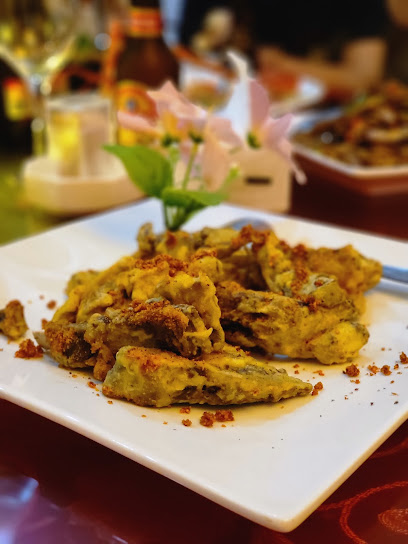
Chen Ji Restaurant
Experience authentic Timorese flavors at Chen Ji Restaurant in Dili - where every meal tells a story.
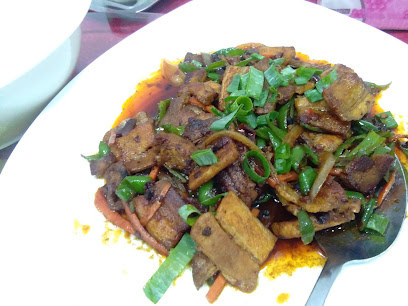
Gílionuel Bar & Cafe
Discover authentic Timorese flavors at Gílionuel Bar & Cafe in Díli - where tradition meets taste in every bite.
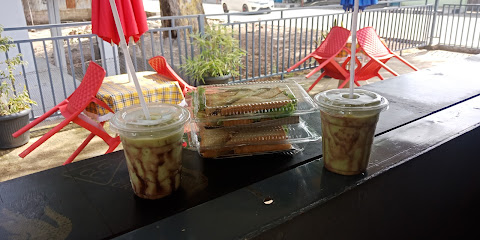
Spicy Girls Thailand Food
Experience authentic Thai cuisine at Spicy Girls Thailand Food in Dili - a culinary journey filled with bold flavors and warm hospitality.

Markets, malls and hidden boutiques
Loja Happy Shop & Bakery
Discover Loja Happy Shop & Bakery in Dili, a delightful destination for exquisite baked goods and a taste of Timorese culture.
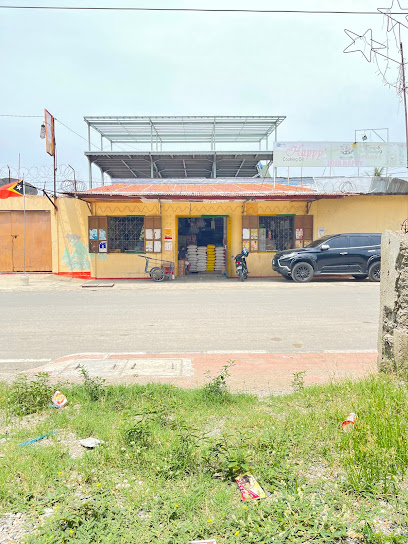
Andy Lay Shop
Explore the vibrant Andy Lay Shop in Dili for unique crafts, delicious local food, and an authentic Timorese shopping experience.
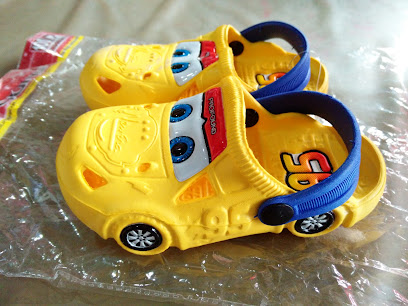
NH Boutique & NH Shoes
Discover unique fashion and footwear at NH Boutique & NH Shoes in Dili, your ultimate shopping destination for stylish finds.

MONPORY
Explore MONPORY in Díli: A vibrant shopping mall offering beauty products and clothing, showcasing the best of local culture and retail therapy.
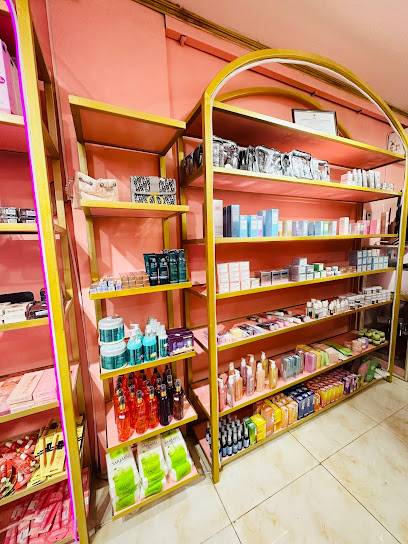
Clarita Boutique
Explore the vibrant fashion scene of Dili at Clarita Boutique, where unique styles and local craftsmanship come together for an unforgettable shopping experience.
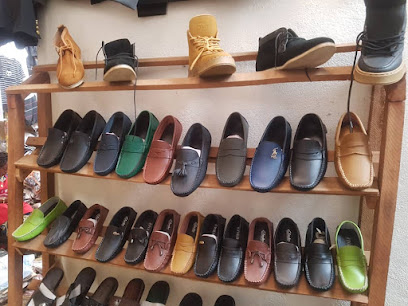
Amuku_Olshop
Explore Amuku Olshop in Dili for unique local crafts, souvenirs, and traditional treats that capture the essence of Timor-Leste's vibrant culture.

Dili Store
Explore the vibrant Dili Store for unique local crafts, gifts, and an authentic taste of Timor-Leste's rich culture.
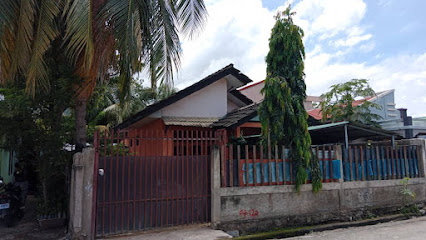
Felvia Boutique
Explore Felvia Boutique in Dili for unique clothing and accessories inspired by Timor-Leste's vibrant culture and craftsmanship.

Daniel's Shop
Explore unique Timorese souvenirs and local handicrafts at Daniel's Shop, a charming store in Dili that reflects the vibrant culture of Timor-Leste.
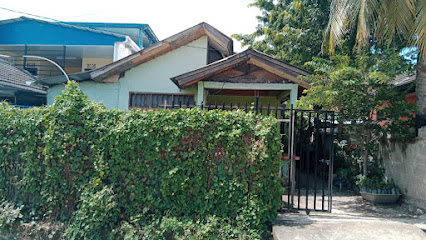
Jian Hao Shop
Explore unique local products at Jian Hao Shop in Dili, where Timorese culture meets vibrant shopping for an unforgettable experience.

Essential bars & hidden hideouts
Spooners Bar and Grill
Discover the vibrant flavors of Timor-Leste at Spooners Bar and Grill, where exceptional food meets breathtaking sea views.
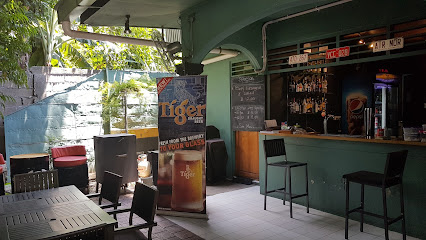
Black Box Cafe and Bar
Discover the lively ambiance of Black Box Cafe and Bar in Dili, where local culture meets refreshing beverages and vibrant nightlife.
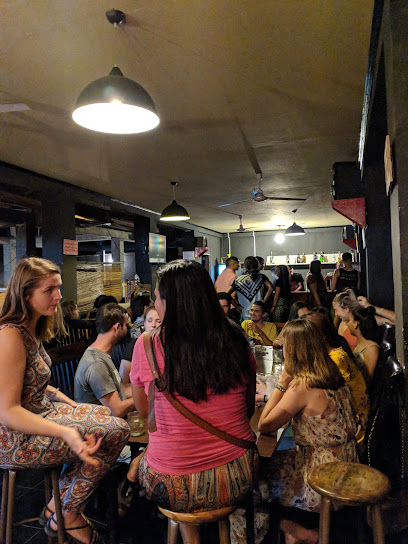
Tower Cafe & Bar
Discover the charm of Tower Cafe & Bar in Dili, where local culture meets refreshing beverages amidst stunning views.
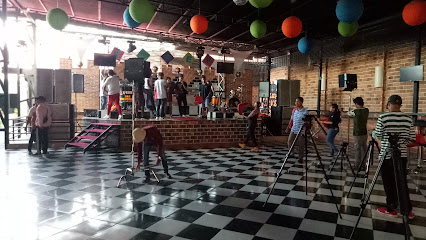
Nova Jar
Discover the vibrant atmosphere of Nova Jar, a must-visit bar in Dili, Timor-Leste, offering an exciting mix of local drinks and lively entertainment.
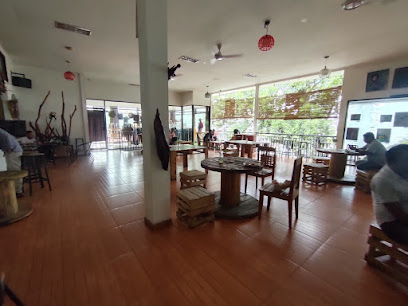
Ponkys Cocktail Lounge
Experience the vibrant nightlife at Ponkys Cocktail Lounge in Dili, where exquisite cocktails and a lively atmosphere await.
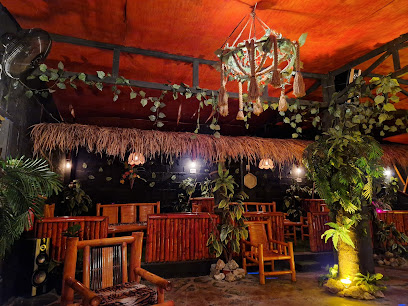
Reggae Bar
Experience the vibrant culture of Dili at Reggae Bar – enjoy live music, refreshing drinks, and a lively atmosphere!

Gílionuel Bar & Cafe
Experience the rich flavors of Timor-Leste at Gílionuel Bar & Cafe, a cozy grill in the heart of Díli, perfect for unwinding and savoring local delicacies.
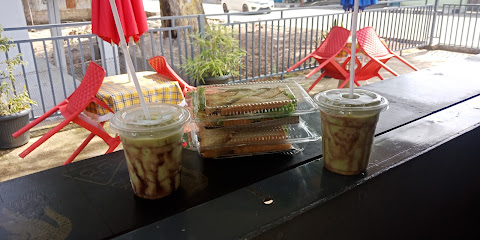
Container Bottle Shop & Coffee
Experience Dili's vibrant nightlife at Container Bottle Shop & Coffee, where local culture meets a relaxing bar atmosphere with delicious drinks.
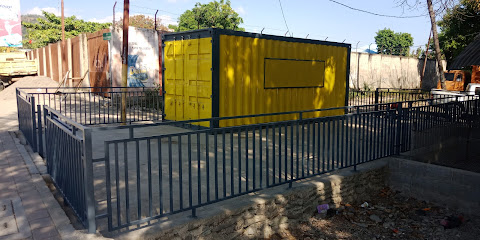
Maria dili
Discover the vibrant atmosphere of Maria Dili Bar in Dili, where local culture meets refreshing drinks and lively entertainment.

W2 Mini Mart, Bar, Cafe, Studio Music and Karaoke
Experience the lively atmosphere at W2 Mini Mart, a vibrant bar and cafe in Dili, perfect for enjoying drinks, music, and karaoke.

Local Phrases
-
- HelloBondia
[bon-dee-ah] - GoodbyeAdeus
[ah-deh-oos] - YesSim
[seem] - NoLae
[lie] - Please/You're welcomeFavor
[fah-vohr] - Thank youObrigadu
[oh-bree-gah-doo] - Excuse me/SorryDeskulpa
[deh-skool-pah] - How are you?Diak ka lae?
[dyahk kah lie] - Fine. And you?Diak. Ita ne'e?
[dyahk. ee-tah neh-eh] - Do you speak English?Ita koalia Ingles?
[ee-tah koh-ah-lee-ah een-glees] - I don't understandLa komprende
[lie kohm-prehn-deh]
- HelloBondia
-
- I'd like to see the menu, pleaseHa'u hakarak hare menu, favor
[hah-oo hah-kah-rah har-eh meh-noo, fah-vohr] - I don't eat meatHa'u la manan katuas
[hah-oo lah mah-nahn kah-too-ahs] - Cheers!Viva
[vee-vah] - I would like to pay, pleaseHa'u hakarak selu, favor
[hah-oo hah-kah-rah se-loo, fah-vohr]
- I'd like to see the menu, pleaseHa'u hakarak hare menu, favor
-
- Help!Ajuda!
[ah-joo-dah] - Go away!Ba duni!
[bah doo-nee] - Call the Police!Liga ba Polisia!
[lee-gah bah poh-lee-see-ah] - Call a doctor!Liga ba doutor!
[lee-gah bah doo-tohr] - I'm lostHa'u hetan
[hah-oo heh-tahn] - I'm illHa'u moras
[hah-oo moh-rahs]
- Help!Ajuda!
-
- I'd like to buy...Ha'u hakarak sosa...
[hah-oo hah-kah-rah soh-sah] - I'm just lookingHa'u deit hakerek
[hah-oo dayt hah-kehr-ehk] - How much is it?Kuantu prenu ne'e?
[kwahn-too preh-noo neh-eh] - That's too expensiveNe'e barak boot liu
[neh-eh bah-rahk boh-oht lee-oo] - Can you lower the price?Ita bele hameno prenu?
[ee-tah beh-leh hah-meh-noo preh-noo]
- I'd like to buy...Ha'u hakarak sosa...
-
- What time is it?Oras ne'e saida?
[oh-rahs neh-eh sah-ee-dah] - It's one o'clockOras ida
[oh-rahs ee-dah] - Half past (10)Kalan (10)
[kah-lahn (dih-see)] - MorningManha
[mahn-yah] - AfternoonTarde
[tahr-deh] - EveningKalan
[kah-lahn] - YesterdayIha loron kotuk
[ee-hah loh-rohn koh-took] - TodayLoron ne'e
[loh-rohn neh-eh] - TomorrowLoron tasi
[loh-rohn tah-see] - 1Ida
[ee-dah] - 2Rua
[roo-ah] - 3Tolu
[toh-loo] - 4Haat
[hah-aht] - 5Lima
[lee-mah] - 6Neen
[neh-ehn] - 7Hitu
[hee-too] - 8Ualu
[wah-loo] - 9Sia
[see-ah] - 10Sanulu
[sah-noo-loo]
- What time is it?Oras ne'e saida?
-
- Where's a/the...?Sira nia iha kalan...?
[see-rah nee-ah ee-hah kah-lahn] - What's the address?Enderecu saida ne'e?
[ehn-deh-reh-soo sah-ee-dah neh-eh] - Can you show me (on the map)?Ita bele hatudu ha'u (iha mapa)?
[ee-tah beh-leh hah-too-doo hah-oo (ee-hah mah-pah)] - When's the next (bus)?Kalan ida ona (otobus)?
[kah-lahn ee-dah oh-nah (oh-toh-boos)] - A ticket (to ....)Bilhete (ba ....)
[beel-heh-teh (bah)]
- Where's a/the...?Sira nia iha kalan...?
History of Bairro Pite
-
Bairro Pite, like much of Dili, has its roots in the Portuguese colonial era that began in the 16th century. The Portuguese established a foothold in Timor-Leste, and the area began to develop with colonial architecture, churches, and administrative buildings. This period laid the groundwork for the cultural and social structures that would define the neighborhood.
-
During World War II, Timor-Leste was occupied by Japanese forces from 1942 to 1945. Bairro Pite and the surrounding areas faced significant challenges during this tumultuous period. The Japanese occupation disrupted local life and caused food shortages, leading to resistance efforts from local populations, which contributed to the region's complex historical narrative.
-
Bairro Pite became increasingly significant during the struggle for independence from Indonesia, which began in 1975. The neighborhood witnessed various political movements and activism, reflecting the broader national sentiment. The 1991 Santa Cruz Massacre, although primarily linked to the nearby cemetery, had its echoes in Bairro Pite as the local community rallied for justice and recognition of their plight.
-
Following the restoration of independence in 2002, Bairro Pite underwent significant reconstruction efforts. The community actively participated in rebuilding its infrastructure and cultural identity. This period saw the emergence of local governance and community development programs aimed at revitalizing the neighborhood's economy and social fabric.
-
Today, Bairro Pite exemplifies the rich cultural diversity of Dili. The neighborhood is home to various ethnicities and traditions, contributing to a vibrant community life. Local markets, cultural festivals, and community events reflect the blend of Timorese and Portuguese influences, marking Bairro Pite as a dynamic part of Dili's contemporary identity.
Bairro Pite Essentials
-
Bairro Pite is easily accessible from various neighborhoods in Dili. From the city center, you can take a taxi or a shared minibus (known as 'microlet') that runs frequently along main roads. If you're coming from the airport, taxis are available, and the journey typically takes around 15-20 minutes, depending on traffic.
-
Bairro Pite is best explored on foot, as many attractions are within walking distance. For longer distances, taxis are readily available and affordable. Public transport options are limited, with microlets serving certain routes, but they can be crowded and less predictable. Bicycles can be rented from local shops, providing a pleasant way to explore the area.
-
Bairro Pite is generally safe for tourists, but it's wise to remain vigilant. Avoid walking alone at night in poorly lit areas, particularly near the outskirts. Petty crime such as pickpocketing can occur, especially in crowded areas. Areas to exercise caution include the vicinity of the main bus terminal and less populated streets after dark.
-
In case of emergency, dial 112 for police assistance or 118 for medical emergencies. There are several health clinics and a hospital in Dili, with the main hospital located in the city center. It's advisable to have travel insurance that covers medical emergencies. For minor health issues, pharmacies are available throughout Bairro Pite.
-
Fashion: Do dress modestly, especially in religious sites and local markets. Don't wear overly revealing clothing. Religion: Do respect local customs and traditions; when entering churches, cover your shoulders and knees. Public Transport: Do be courteous and allow elderly passengers to take your seat. Don't consume food or drinks on public transport. Greetings: Do greet with a friendly smile and handshake. Don't forget to use local greetings, such as 'Olá' for hello. Eating & Drinking: Do try traditional Timorese dishes and be open to sharing meals. Don't refuse food or drink offered to you, as it can be seen as impolite.
-
To experience Bairro Pite like a local, visit the local markets for fresh produce and traditional snacks. Engage with vendors and locals to learn more about Timorese culture. Don’t miss the coastal area where you can enjoy a walk along the waterfront, and consider trying street food such as 'bifana' (pork sandwich) or fresh coconut water. Participate in community events or festivals if your visit coincides with them for an authentic experience.
Nearby Cities to Bairro Pite
-
Things To Do in Aileu
-
Things To Do in Gleno
-
Things To Do in Ermera
-
Things To Do in Same
-
Things To Do in Bobonaro
-
Things To Do in Suai
-
Things To Do in Baucau
-
Things To Do in Lospalos
-
Things To Do in Darwin
-
Things To Do in Makassar
-
Things To Do in Manado
-
Things To Do in Bali
-
Things To Do in Balikpapan
-
Things To Do in Surabaya
-
Things To Do in Yogyakarta



